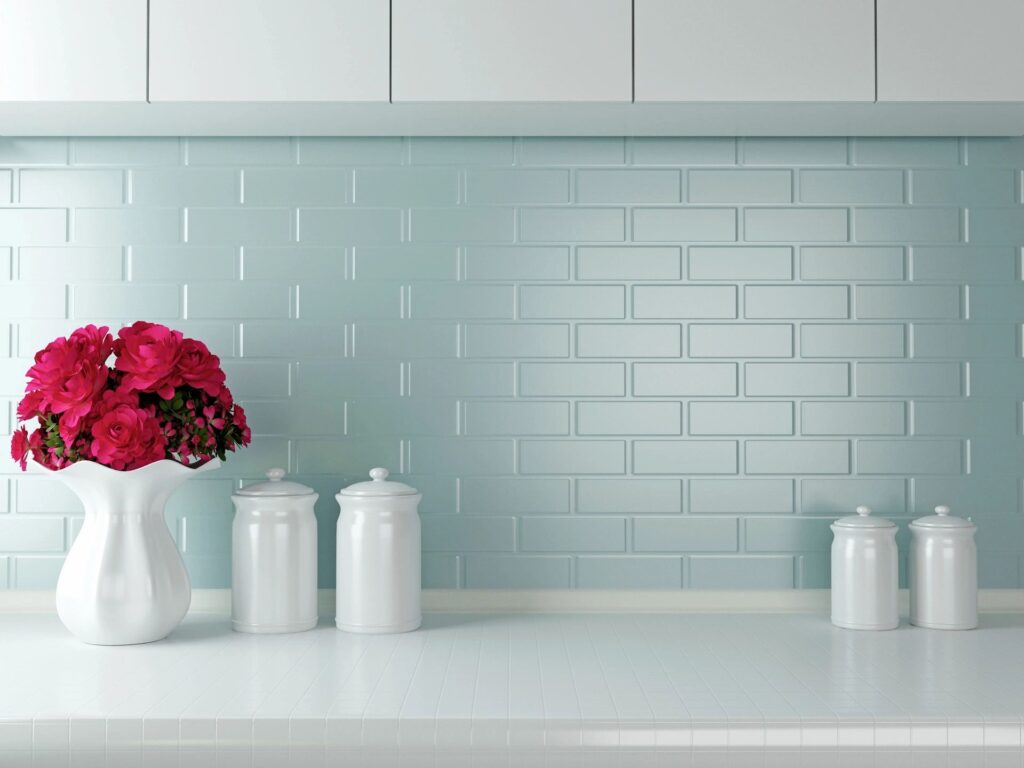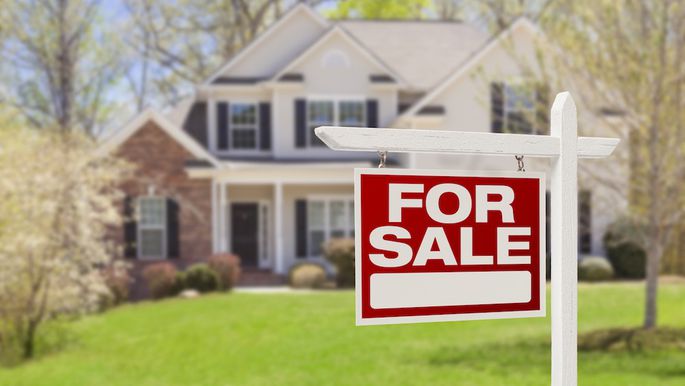
Owning a home is one of the biggest and most important, if not the biggest and most important, financial responsibilities people take on in their lifetimes. Knowing which financial priorities to put first can be challenging, and many first-time homeowners can feel lost in the confusing world of mortgage payments, property taxes, and equity ownership.
We’ll help you clear a few things up. This post will walk you through which financial essentials you need to prioritize when you own a home. Whether you’re considering buying a home in the future, you’re a first-time homeowner, or you just need a refresher, check out this list to help get your home finances on track.
Mortgage Payments
You guessed it: the first thing that you should absolutely prioritize when you own a home is making payments on your mortgage. A mortgage is a loan from a bank; the bank purchases the house, then you pay them back for it with interest.
For most people, purchasing a home outright isn’t exactly an option, so a mortgage is a way to make homeownership affordable. Mortgages require that you pay back the money you borrowed in monthly installments, so if you own a house, making sure you pay those installments is essential.
If you fail to pay your mortgage on time for a number of months, you may be subject to penalties imposed by the bank from which you borrowed the money. If you get far behind enough, you may get evicted. A good idea is not to take on a mortgage that requires payments more than 30% of your monthly income. However, the lower, the better.
Emergency Fund
Life happens. You might lose your job, or be faced with a large medical bill, or face expensive car repairs. That means that establishing an emergency fund is an important part of homeownership, as your ability to keep up mortgage payments will depend on having enough cash around in case your usual revenue stream dries up.
How much should you have on hand? The exact amount will vary depending on your personal finances. However, a good rule of thumb is to have somewhere between 3 and 6 months’ worth of wages saved up and easily accessible.
That may sound like an insurmountable task, but if you’re diligent about saving, it can be done. Start by aiming for having 3 months’ worth saved up. Then, once you’re there, slowly and steadily try to keep saving until you hit 6 months. Even if it’s a slog, your future self — the one with a sudden emergency — will thank you.
Upkeep & Expenses
The next financial essential to prioritize is the regular upkeep, maintenance, and expenses that come with owning a home. Many first-time homeowners are surprised by how many unforeseen expenses pop up when you have a house. Here are a few to keep in mind:
- Gardening & housekeeping
- Plumbing repairs
- Electrical repairs
- HOA fees (if they apply)
- Reroofing, when necessary
Another expense to keep in mind is the property tax rate in your area. Property tax rates vary by state and by county, so you’ll need to research your specific county’s tax rate to know how much to set aside. Even for those who have completely paid off their mortgage, property taxes remain an expense to plan ahead for.
Of course, that’s not an exhaustive list, and something might come up that you hadn’t anticipated at all. If you plan ahead, however, and keep money stashed aside to put toward housing needs, you’ll be in a much better financial position to tackle expenses as they arise.

Childcare
Not everyone who owns a house decides to have children, but for many, owning a home coincides with starting a family and having kids. If that’s your situation, and you’re considering having kids, it’s key that you financially plan ahead to the many expenses that come along with them.
Here is a handy list of a few of the expenses that come along with having a child, so you can more easily factor them into your budget:
- A two-bedroom home, so your child can have their own room
- Monthly baby care expenses like diapers, baby food, and doctor’s visits
- Larger grocery budget to account for children’s meals
- School supplies and expenses related to school trips and events
- Children’s clothing and shoes
- Medical expenses, like doctor’s visits, prescription medicine, vaccinations
If you do plan on having kids in the near future, or you already have some, It’s important to factor in all these expenses before deciding on a home to purchase.
Your Will
Lastly, it’s critical that homeowners consider their wills. As we stated before, your home is often one of the biggest, most important purchases of your life. For many, it’s the largest asset they own. That means that, if they should have an untimely passing, knowing who the home will transfer ownership to is essential.
It’s an unpleasant thing to have to think about, but in the long run, your next of kin will be glad for it. All too often, people pass on without having established a will, which can lead their family to fight over the property and assets that the deceased has left behind. In order to save your family that pain and frustration (in addition to the pain they would feel if you did pass away), it’s wise to establish a clear and direct will.
If you’re not sure where to start, don’t worry; you’re not alone. There are plenty of resources available for those who want to establish their will. Online will services are one accessible option that many choose to use. You may also simply see if there are any law firms in your area that will help you put your will together.
Owning a home is a huge financial responsibility. However, with the right planning and prioritizing, you’ll find that the satisfaction of owning your own home is well worth all the financial effort that goes into it.


 See Our National Coverage Map
See Our National Coverage Map